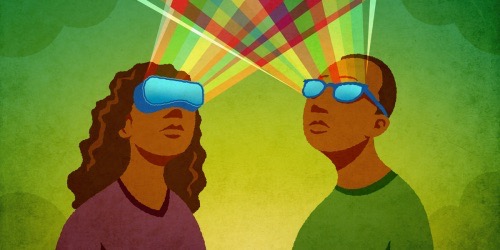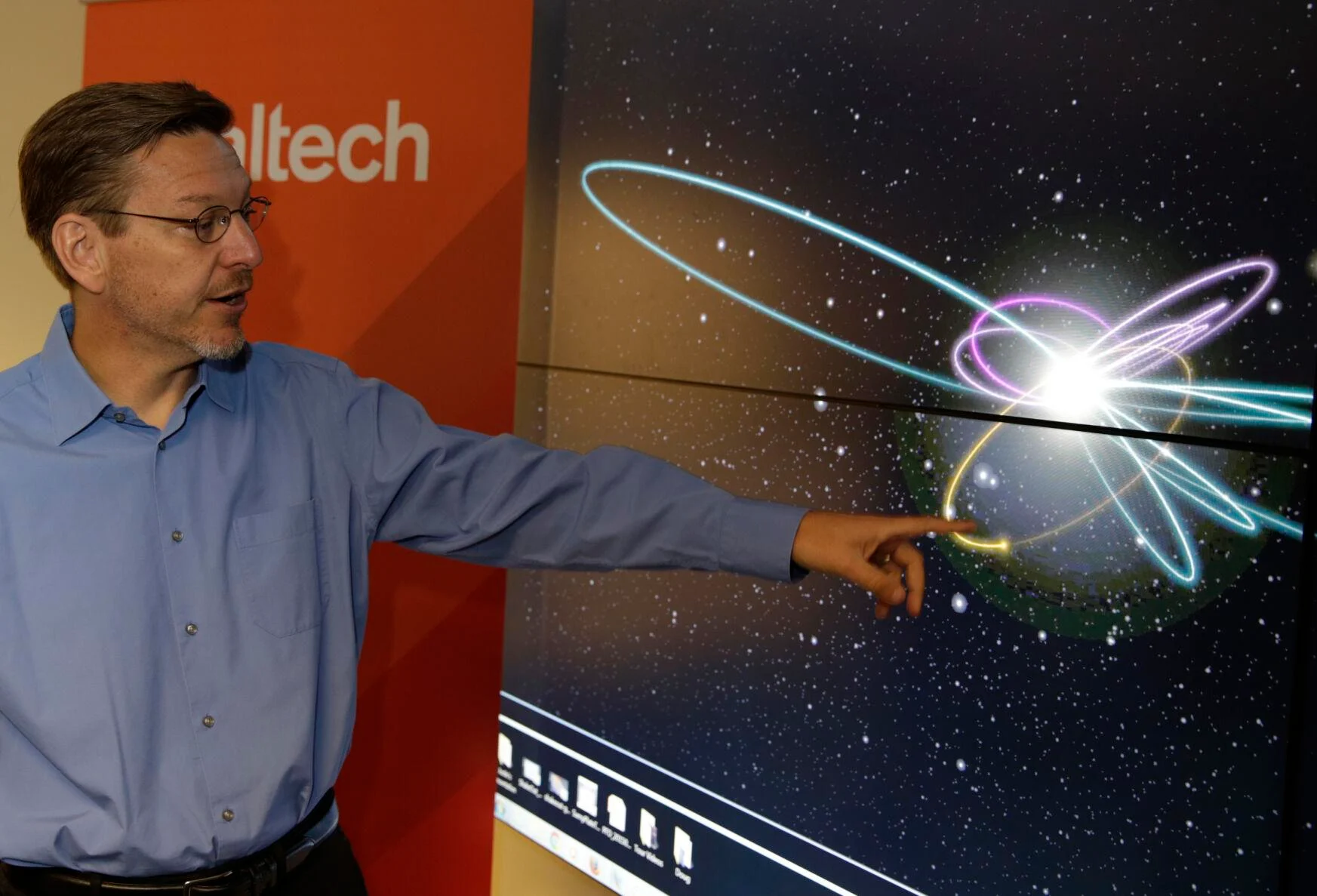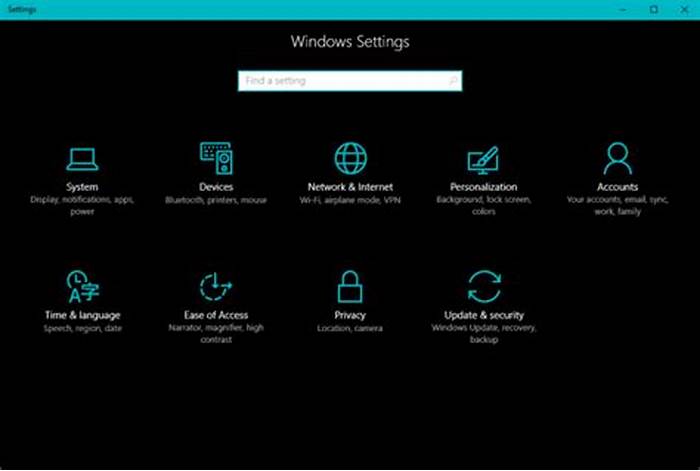The rapid advancement of information technology is fundamentally changing human society. As technologies like artificial intelligence, big data, and blockchain become more sophisticated and widespread, our reliance on digital environments grows. The metaverse, a convergence of these technologies, offers users an immersive and persistent experience, revolutionizing social interaction. While the term "metaverse" lacks a universally accepted definition, it generally describes digital spaces enhanced by virtual or augmented reality, where users interact as avatars. This allows people to engage in shared experiences, like attending a virtual concert, regardless of their physical location.
// Cras eget sem nec dui volutpat ultrices.
The metaverse could revolutionize human rights as significantly as smartphones have. However, as our lives become increasingly integrated with the metaverse, encompassing everything from commerce and healthcare to various services, the transformation could be even more profound than that brought about by smartphones. This is according to a 2022 report by the Norwegian National Human Rights Institution, which emphasizes the potential of the metaverse to reshape our societal landscape.
The digital realm liberates users from the constraints of their real-world identities and allows interactions that bridge geographical, political, and cultural divides. However, as our dependence on technologies like virtual reality deepens, there's a growing risk to human rights. The report cautions that the immersive nature of the metaverse presents a more profound challenge to safeguarding these rights than current internet use.
What lies beneath?
The metaverse can broaden individual work opportunities. As digital entities, people can engage in virtual work and cultivate meaningful social connections, fulfilling not only survival and developmental needs but also promoting wider and fairer access to employment. For vulnerable groups like the disabled or elderly, who may face mobility constraints, the metaverse offers an appealing alternative to engage in work, access services, connect with others, and enjoy entertainment from their homes.
The digitization of resources within the metaverse can bolster cultural rights. As outlined in the International Covenant on Economic, Social and Cultural Rights, citizens have the right to participate in cultural life, benefit from scientific advancements and their applications, and engage in scientific research and creative endeavors.
In the metaverse, educational content is digitized and stored in the cloud, making it accessible for display across space and time. This enables the preservation and sharing of human knowledge and resources on a global scale. Imagine teleporting to any location or era to witness history as it happens, or exploring another planet up close—offering a revolutionary way to learn and experience the world.
In China, the metaverse is already being utilized in libraries, museums, cultural centers, and schools, making science and education more accessible and offering equal development opportunities for all citizens. The construction of smart cities further enhances the protection of economic and social rights by integrating technological advancements with urban governance. The goal of developing smart cities is to interconnect vital urban infrastructures—such as management, education, healthcare, transportation, and utilities—creating a more efficient and connected urban environment.
// Cras eget sem nec dui volutpat ultrices.
Residents are encouraged to participate in the city's development planning by offering suggestions through pre-rehearsals of urban planning schemes in the metaverse. This process allows the government and developers to compare and evaluate different plans before choosing the most effective solution.
In recent years, various regions in China have experimented with different models of smart urban governance, including the City Brain system in Hangzhou, the capital of Zhejiang Province in eastern China. According to the Hangzhou local government's official website, the City Brain system is a smart city platform designed to enhance city governance using big data, cloud computing, artificial intelligence, and other advanced technologies. The platform integrates data from all sectors and departments in Hangzhou, offering intelligent and convenient services to both businesses and residents.
The entire city of Shenzhen, a major technology hub in China's southern Guangdong Province, has been recreated as a 3D model, or "Digital Twin," which is now being used to inform urban planning decisions. This approach is expected to lead to more refined construction practices that are better aligned with human needs and dignity.
What lies ahead?
Article 1 of the 1948 Universal Declaration of Human Rights asserts that "All human beings are born free and equal in dignity and rights." This statement underscores that every person deserves respect simply by virtue of being human, and human rights inherently stem from this dignity. The emergence of a virtual universe has sparked discussions about the evolution of existing human rights. In comparison to the physical world, certain rights may become more prominent in the metaverse. For instance, since life in the metaverse is data-driven, rights related to data and privacy will gain new significance and take on an entirely new dimension.
The metaverse is seen as a positive force in promoting human dignity and realizing human values. In the digital age, while technological advancements create new opportunities for the fulfillment of human rights, they also introduce new challenges and risks. Issues such as inadequate regulation of rights, the risk of re-centralization, and increased data barriers are quietly hindering fair access to developmental rights for all. As the metaverse continues to evolve, the effective protection of human rights will necessitate ongoing improvements in legal frameworks. The UN has affirmed that "human rights apply online just as they do offline." Additionally, the Office of the UN Secretary General's Envoy on Technology has taken proactive steps by identifying digital human rights as a key focus within the UN's broader technology initiatives.
The metaverse is regarded as a powerful tool for advancing human dignity and realizing human values. In the digital age, while technological progress offers new avenues for the fulfillment of human rights, it also brings forth challenges and risks. Concerns like inadequate regulation, the threat of re-centralization, and growing data barriers are subtly obstructing equitable access to developmental rights. As the metaverse continues to develop, safeguarding human rights will require ongoing refinement of legal frameworks. The UN has stated that "human rights apply online just as they do offline." Furthermore, the Office of the UN Secretary-General's Envoy on Technology has proactively identified digital human rights as a central focus within the UN's broader technology initiatives.
Additionally, promoting international cooperation on human rights and establishing a digitized global human rights exchange mechanism are essential steps toward achieving digital well-being for humanity. As the world's digital transformation accelerates, society must remain vigilant against technological alienation, ensuring that human civilization does not become confined to virtual or digital spaces.


























0 Comments